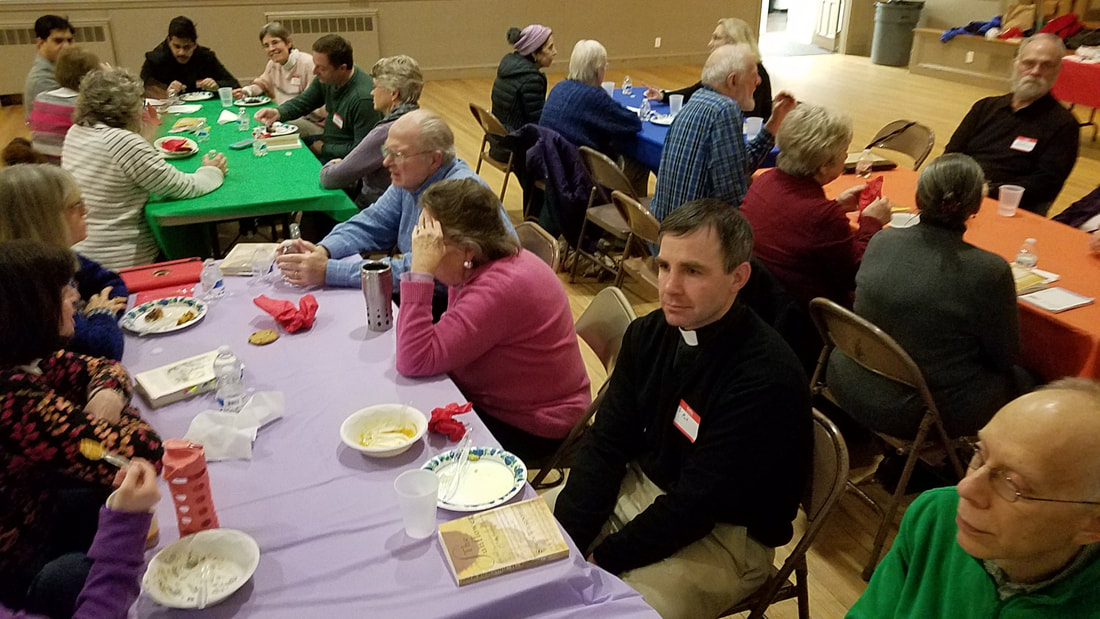|
By Larry Maloney
Everyone says forgiveness is a lovely idea, until they have something to forgive,” wrote CS Lewis, one of the last century’s most noted Christian writers. Yet few people will ever encounter the daunting forgiveness challenge that Simon Wiesenthal, the famous Nazi hunter, faced during his imprisonment in a Nazi concentration camp. Witnessing the deaths of his fellow Jewish prisoners on an almost daily basis, the young Wiesenthal one day finds himself face to face with a dying SS soldier who asks Simon’s forgiveness for the Nazi trooper’s role in the slaughter of 300 Jews in a Russian town. Wiesenthal recalls that incident and his personal struggle with the question of forgiveness in The Sunflower, a book that has become central to Holocaust studies since it was first published in 1976. The book asks readers what they would have done in Simon’s place and includes perspectives from 40 commentators, including well-known theologians, writers, professors, as well as Holocaust survivors. On February 24, more than 30 Metrowest residents added their own views on The Sunflower’s key questions in a community book discussion and dinner hosted by Holliston’s First Congregational Church. The gathering was sponsored by the Metrowest Interfaith Dialogue Project (MIDP), launched in 2017 by Holliston clergy and the Islamic Society of Framingham to promote understanding and cooperation among people of diverse faiths. The group also reaches out to non-believers and to those who are not affiliated with any religious congregation. After a potluck supper, participants broke up into four groups to discuss the book, as well as their own opinions on forgiveness. Leading the discussions were four Holliston clergy: Rev. Bonnie Steinroeder, senior minister at the First Congregational Church, Rabbi Steven Edelman-Blank of Temple Beth Torah, Rev. Carl Chudy of Our Lady of Fatima Shrine, and the Rev. Mark Peterson, pastor of Christ the King Lutheran Church. Helping to lead Muslim participants in the discussion was Hussam Syed from the Islamic Society of Framingham. As the groups tackled the many issues raised by the book, some common questions surfaced: • Is one justified in forgiving someone on behalf of victims who cannot speak for themselves? • Can we forgive without also forgetting? • What are the necessary requirements of true repentance? • How culpable are those who remain silent in the face of wrongdoing? • For believers, what role does God play in human-to-human forgiveness? • How do different religious faiths –Judaism, Islam, Christianity, Hinduism, Buddhism – view forgiveness. Commentators from all these faiths give their perspectives in The Sunflower. Not surprisingly, many of the issues raised by this thought-provoking book remain unresolved in the minds of many readers. Yet participants in the Metrowest event seemed to agree with several of the book’s commentators on one important conclusion: the act of forgiving, no matter how difficult and painful, can remove great burdens not only from the wrong-doer but also from the one who has been hurt. (Larry Maloney is a freelance writer in Ashland, MA)
1 Comment
|
AuthorFr. Carl Chudy Archives
June 2024
Categories |

 RSS Feed
RSS Feed